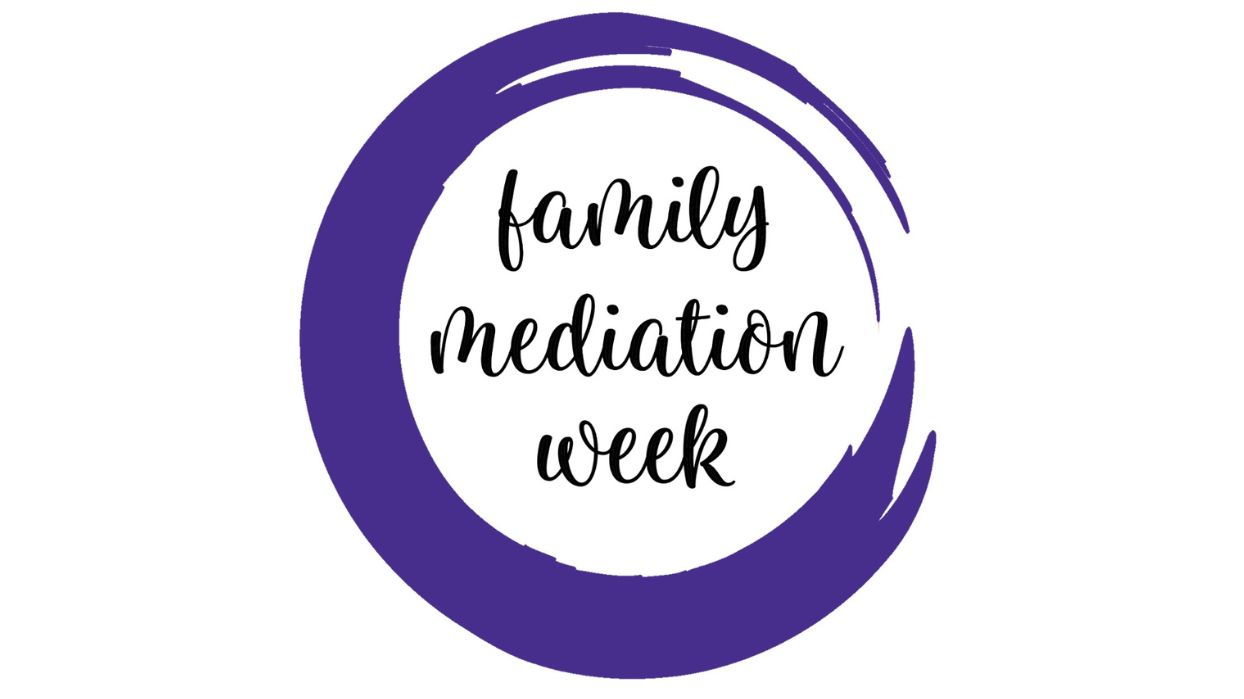Following their recent article on the very public disputes within the British royal family and changes in press reporting of family law cases, Trusts and Probate Litigation partner Emma Holland and Divorce and Family partner Toby Atkinson explain how families that are unable to resolve their differences can avoid ‘airing their dirty laundry’ in public.
If seeking recourse from the courts is not appealing due to concerns that the family’s problems could be made public, what alternative dispute resolution options are there?
Mediation
In our experience, if emotions are not so heightened that the parties can be persuaded to open up a dialogue, a way through may be found by agreeing to mediation. This is where an impartial third party (a mediator) assists the parties to resolve their issues. It is important to note that the mediator has no power to make any decision.
Family governance agreements
Where there is a multitude of concerns relating to succession, control and/or financial planning to address (rather than one or two intractable issues), a solution may involve agreeing a family governance agreement (sometimes referred to as a family charter).
Other steps may also assist in stabilising the family’s situation and reducing the risk of dispute going forward, for example, putting in place pre-nuptial or cohabitation agreements providing for provision on divorce or separation. While pre-nuptial agreements are still not automatically binding in England and Wales, they can be highly persuasive. The courts will give effect to any agreement that is freely entered into by each party, provided they fully appreciate its influence, unless, in the circumstances, it would be unfair to hold them to do so.
During such discussions, key elderly family members may wish to be more transparent with the next generation about their plans for the business or important family assets. To the extent they are not keen on recording these wishes within a will or trust deed, they may wish to draft letters of wishes to executors and trustees explaining the approach they would like to be taken.
Lasting powers of attorney
Where there are concerns as to the long-term capacity of a particular family member (one in three people in the UK will develop dementia during their lifetime), these can be addressed by putting in place lasting powers of attorney (LPAs). These will make clear who has the authority to speak on behalf of that person when their situation deteriorates to a point where they can no longer make decisions. Separate LPAs can be made for property and finances, and health and welfare, plus a person may choose to have an additional LPA for their business purposes only.
Early neutral evaluation
Often, a family dispute cannot be settled because both parties believe that the ‘law is on their side’ and that they do not need to compromise. In such circumstances, a process of private early neutral evaluation (ENE) can assist. Essentially, the parties jointly instruct counsel, make representations to such counsel, and then counsel gives their opinion on the issue.
Although not binding, the opinion can provide a reality check as to the weaknesses or strengths of parties’ positions and, in doing so, kick-start settlement negotiations. Even where the parties have resorted to issuing proceedings in court, there may be scope for a court-based ENE. This involves a judge (who will not deal with the case in the future if it proceeds further) hearing, in private, arguments from the parties and giving a non-binding view as to the likely outcome if matters proceed. This process is most commonly available in monetary claims, such as in the context of financial remedy claims on divorce (when Private Financial Dispute Resolution (FDR) Hearings are frequently used) and claims for reasonable financial provision from a person’s estate.
Arbitration
An alternative to this route, which is more akin to the court process but ensures privacy, is arbitration. This is where a third party (known as an arbitrator) hears both parties’ arguments and then makes a legally binding decision about how to resolve it. The decision can (if necessary) be enforced by the courts. Arbitration on divorce, for example, is becoming an increasingly popular choice for many separating couples. This is particularly so nowadays, as even getting a privacy-leaning judge is no guarantee against publicity.
If a case has sufficient public interest appeal, any member of the press in court will inevitably apply for permission to report it. Most couples going through a divorce or dissolution can do without the added anxiety of not knowing whether details of their private family disputes and finances will be laid bare in open court for all to see. Instead, they are opting out of the court system entirely.
The saying goes that the difference between arbitration and court is akin to the difference between medical treatment you might receive under the state and as a private patient. While the procedure (and outcome) may be the same, the experience is different. You have to pay for your qualified arbitrator of choice (often a retired judge or practising barrister), but in return, you will get a much earlier date for the hearing at a venue of your choice. Also, your arbitrator will be fully engaged in the issue without having to deal with other cases on the day. Most importantly, the process is private.
As with a court’s decision, the arbitrator’s determination is binding. This means the parties can be certain the issue will be resolved at the hearing (whereas mediation and ENE/private FDRs require the parties to reach an agreement voluntarily). Only in circumstances where mediation has failed, and one or both parents will not agree to ENE or arbitration, is it necessary to fall back on court proceedings. This route should be a last resort.
You can find further information regarding our expertise, experience and team on our Trust and Probate and Divorce and Family pages.
If you require assistance from our team, please contact us or alternatively request a call back from one of our lawyers by submitting this form.
Subscribe – In order to receive our news straight to your inbox, subscribe here. Our newsletters are sent no more than once a month.







